
Daniel H.
MEng Engineering ScienceWhich university are you studying at?
University of Oxford.
What subjects and qualifications did you take at school or college (e.g. A Levels, IB, BTECs, EPQ)?
A levels – Maths, Further Maths, Physics, Chemistry.
Why did you decide to pursue this degree at university?
Engineering was a brilliant way to take my Maths and Physics skills and use them in a practical way, as engineering is more about application of knowledge to the real world rather than just focusing on theory.
What does an average day or week at university look like for you (e.g. lectures, practicals, independent study, other interests)?
I have around 6 lectures a week and I get a problem sheet that is followed up with a tutorial every 4 lectures. I also spend a lot of time on my project, which is a coding project based on a simulation of producing steel using hydrogen fuel. I also spend a lot of time doing sport, being part of my colleges rowing team and the university ultimate frisbee team.
What aspect of your course do you most enjoy?
When you realize how the skills you’ve learnt could actually be used in a real life engineering problem.
What do you find most challenging about your degree?
Time management, especially at Oxford or Cambridge with the shorter terms, is very important.
What are your aspirations after your degree?
I’ve accepted a graduate job in the energy sector and am looking forward to working on the future of energy generation!
What would be your top piece of advice for anyone wanting to study engineering science?
Build a solid base, and focus on understanding questions over just getting answers. A strong understanding of Maths and Physics at the start of an engineering degree is the best way to set yourself up to do well.

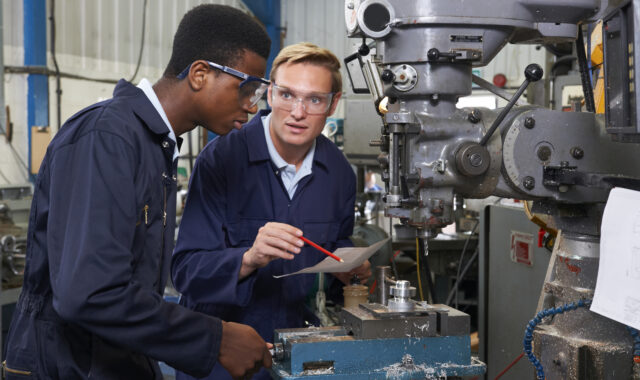

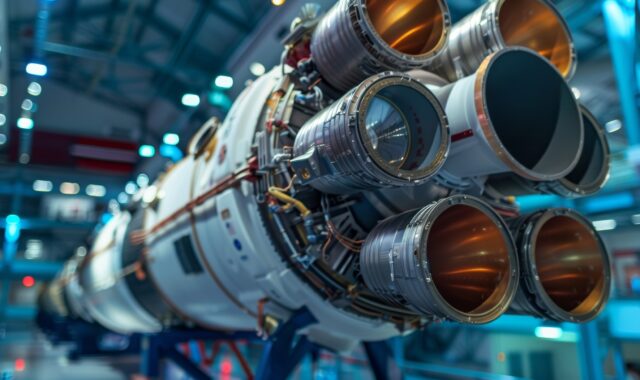
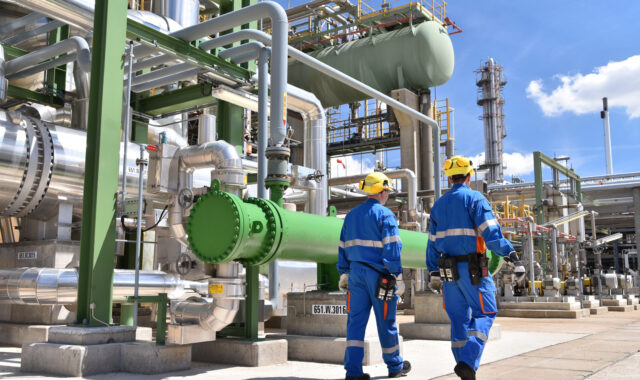
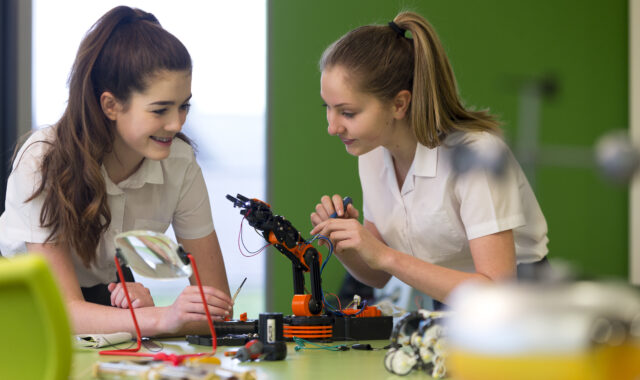
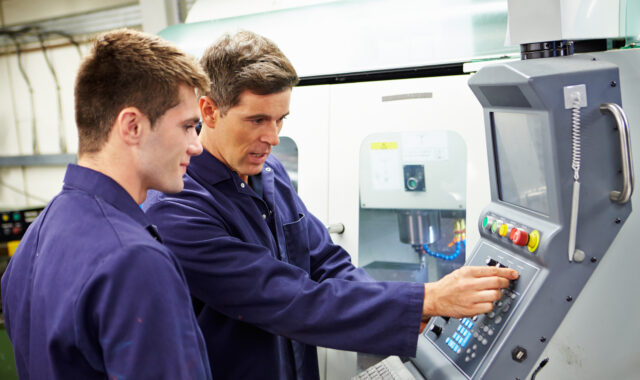
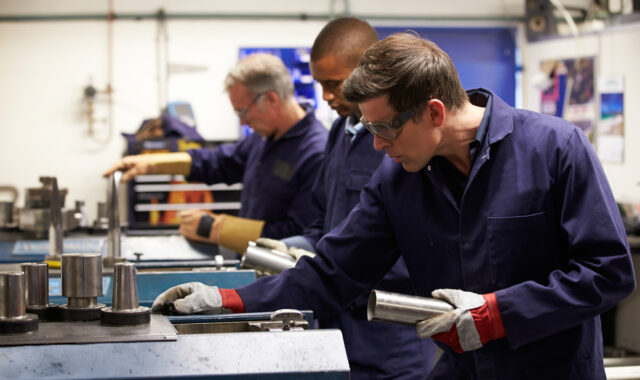
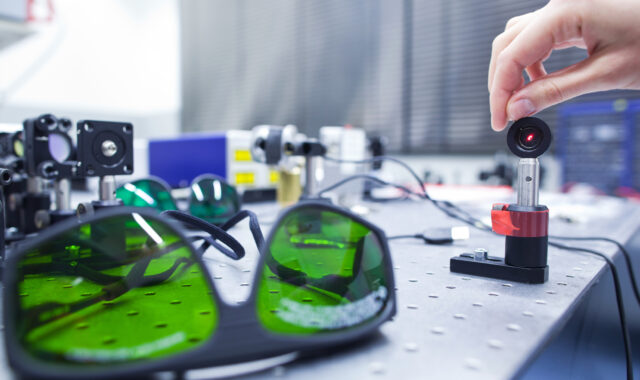

Comments